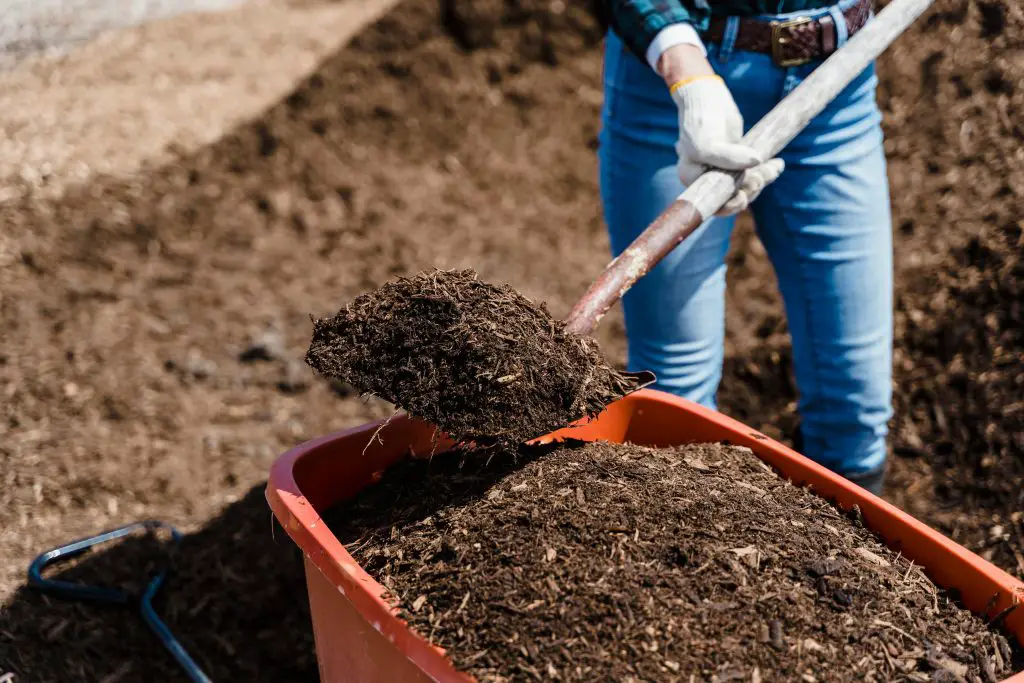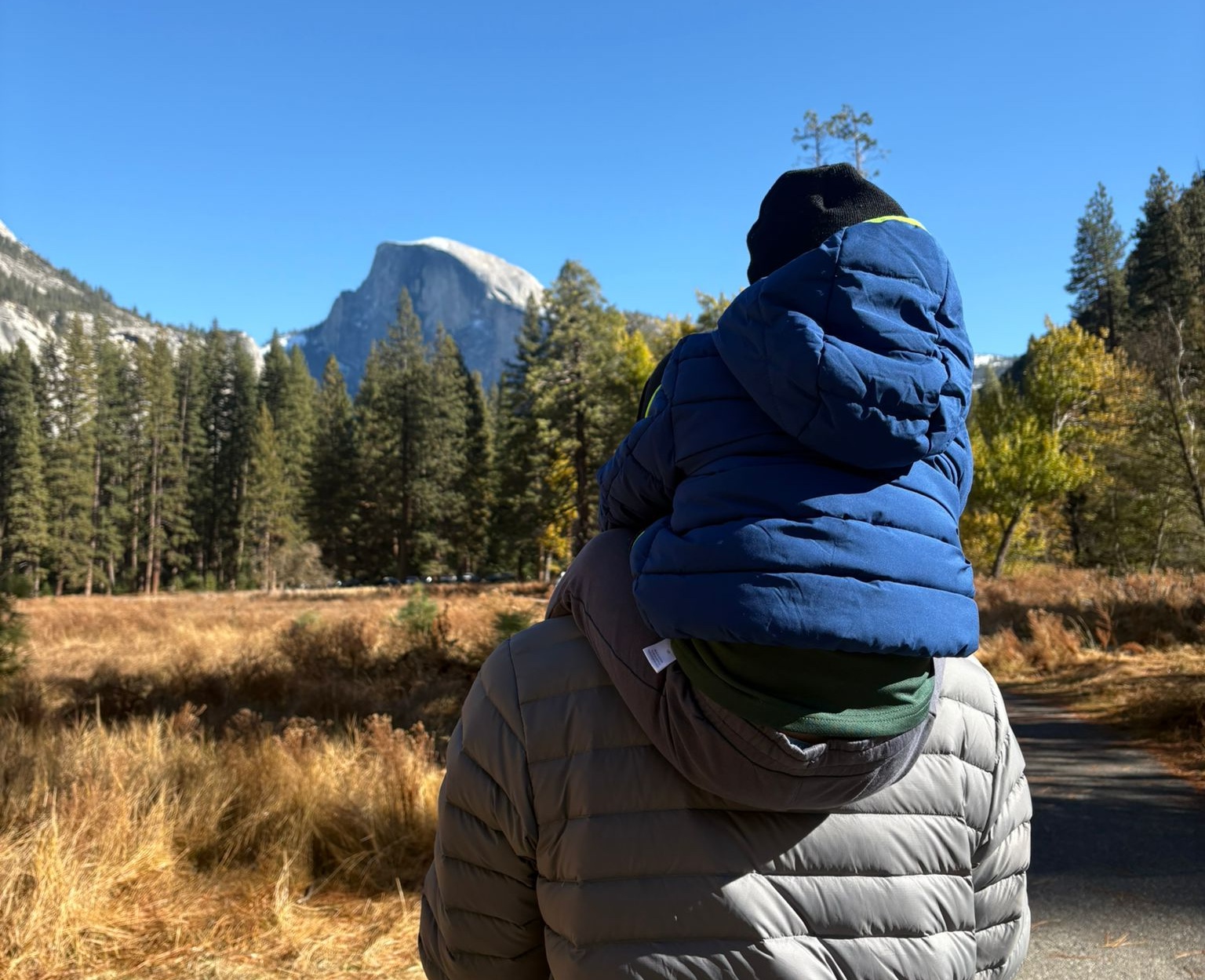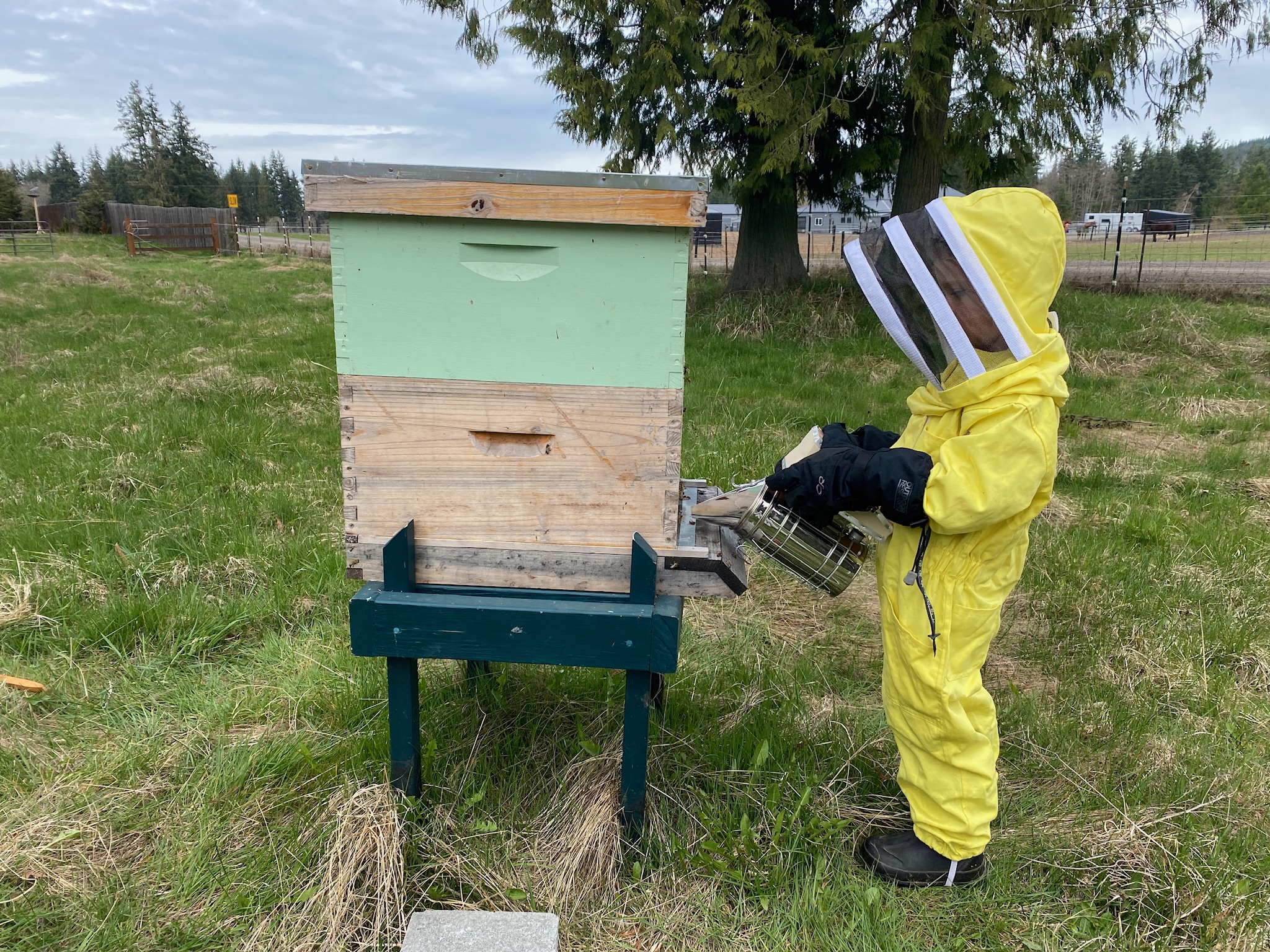Composting is a wonderful family activity that combines learning about nature, reducing waste, and contributing positively to our environment. If you’re looking for a hands-on way to teach your children about sustainability, starting a compost bin could be the perfect project. This guide will walk you through the simple steps of how to start composting at home, even if you have small kids. We’ll also address common challenges and provide practical tips to overcome them.
Why Compost with Kids?
Composting with kids is not just about waste reduction. It’s a practical biology lesson, a way to instill responsibility and a means to spend quality time outdoors. By involving children in the process, you’re teaching them valuable lessons about the cycle of life, the importance of caring for the environment, and the satisfaction of contributing to a healthier planet.
Getting Started: Simple Steps to Success
- Choose Your Type of Compost Bin: You can buy a compost bin or make one from materials like wood pallets or a simple container with holes for aeration. Position it in a convenient, child-accessible spot in your yard.
- Learn What to Compost: Teach your children about green materials (vegetable scraps, fruit peels, coffee grounds) and brown materials (dry leaves, twigs, paper). A good mix of these materials is crucial for successful composting.
- Set Up a Kitchen Collection System: Place a small bin in the kitchen where kids can deposit compostable materials. Make it a daily habit to take this to the compost bin together.
- Turn and Water the Compost: Show your children how to turn the compost with a shovel or pitchfork every week to help aerate it, and make sure it has enough moisture.
- Harvest Your Compost: After a few months, the bottom of your bin should contain dark, crumbly compost ready to enrich your garden. Involve your kids in spreading this ‘black gold’ around plants.
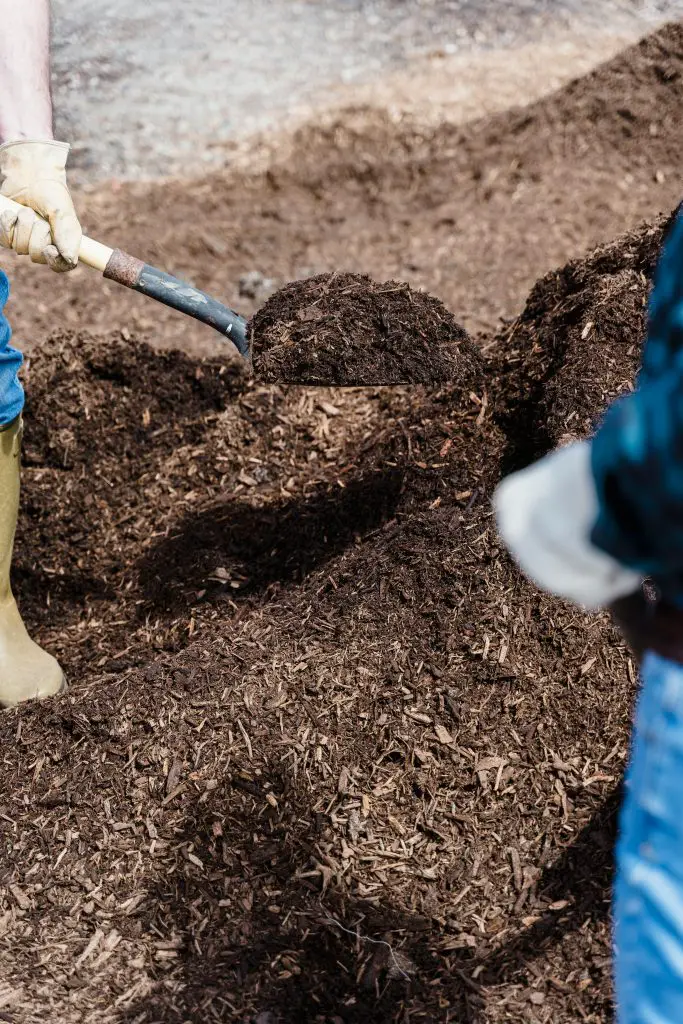
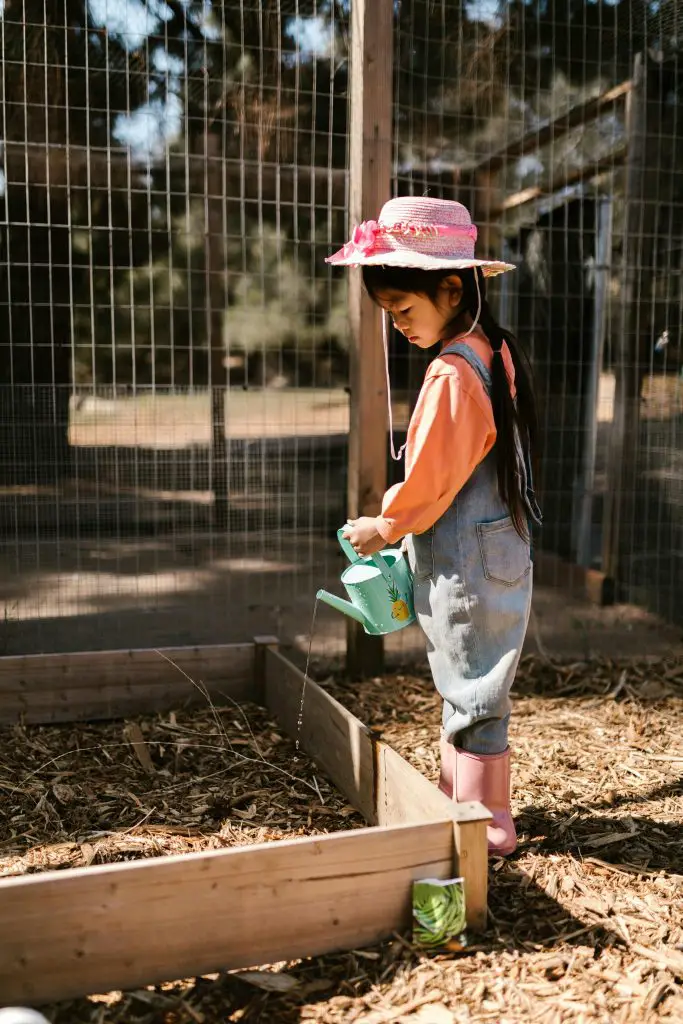
Overcoming Challenges
While composting is extremely rewarding for your family, we completely understand the challenges and frustrations that come with teaching young kids something new like this. Here are a few common challenges and some ways to overcome them:
- Keeping Kids Engaged
Challenge: Kids may lose interest in composting over time.
Solution: Make composting a regular part of their routine, like a fun science project. Allow them to add scraps to the bin, turn the compost, and observe changes. Celebrate milestones like the first batch of compost. - Managing Pests and Odors
Challenge: Incorrect composting can attract pests and create unpleasant odors.
Solution: Ensure your compost has a good mix of green and brown materials and is regularly turned. Keep it covered and avoid adding meat or dairy products to prevent odors and pests. - Finding Time for Maintenance
Challenge: Busy family schedules can make regular compost maintenance challenging.
Solution: Turn composting into a family activity, involving kids in the turning and watering. It doesn’t take long and can be a rewarding way to spend time together outdoors
Resources for Further Learning
To deepen your family’s composting journey, check out these helpful resources:
- EPA’s Guide to Composting at Home: A comprehensive guide covering basics and benefits of composting.
- Composting for Kids by KidsGardening: An engaging resource designed to make composting fun and understandable for children.
- The Spruce’s Beginner’s Guide to Composting: Offers simple, step-by-step instructions on starting your compost pile.
- Planet Natural’s Guide to Composting: Provides detailed information on different composting methods and materials.
- My Zero Waste’s Family Guide to Composting: Focuses on reducing household waste through composting, with family-friendly tips.
Composting can be a fun and educational way to spend time with your children while doing something beneficial for the planet. By following these easy steps and overcoming common challenges, you can make composting an enjoyable part of your family routine. Not only will you reduce household waste, but you’ll also instill important values in your children and contribute to a healthier environment.
Remember, every small action counts. By teaching your children how to start composting, you’re setting the foundation for a lifetime of environmental stewardship. So, grab those scraps, get your hands a little dirty, and enjoy the journey towards a greener future together!
